UK Autumn Budget 2023
As the leaves fall and the temperature drops, the UK government releases its Autumn Statement, outlining the economic roadmap for the upcoming fiscal year. For small businesses, staying informed about the changes announced in the Autumn Statement is crucial for effective financial planning and compliance. In this blog post, we'll delve into key highlights from the 2023 UK Autumn Statement and explore the implications for business owners and self-employed individuals.
What was Included?
The Autumn Statement typically brings forth changes in taxation policies, affecting businesses of all sizes. This year, the Chancellor has decided to cut national insurance paid by workers and the self-employed. Furthermore, the government have increased the legal minimum wage to £11.44 from April 2024. An increase of 9.8%.
The government have also agreed to increase benefit payments in line with inflation, however, the rules for some claimants are being tightened to incentivise people back into work. The state pension will be increased by 8.5% next year, in line with average earnings.
The Chancellor revealed that full expensing will be made permanent for businesses, allowing them to fully offset investment in equpment and machinery against corporation tax. In addition, business rate releif will be extended to and welcomed by many small businesses.
How does this affect me?
Regardless of the size of your business, whether you are self-employed or running a limited company, the budget will likely have some effect on your business. We have summarised some of the key points below:
National Insurance Cuts
The main rate for employees will be cut from 12% to 10% from 6 January.
It is currently charged at 12% on earnings between £12,571 and £50,271 - and 2% on anything above that.
Abolishment of NI for self-employed people earning more than £12,570 from April, with 8% to be paid on profits between £12,570 and £50,270 - a 1% cut
Increase to Minimum Wage
Legal minimum wage - known officially as the National Living Wage - to increase from £10.42 to £11.44 an hour from April. The government have also extended this to 21-22 year old workers.
Business Rates and Expenses
"Full expensing" tax break - allowing companies to deduct spending on new machinery and equipment from profits - made permanent
The 75% business rates discount for retail, hospitality and leisure firms extended for another year

